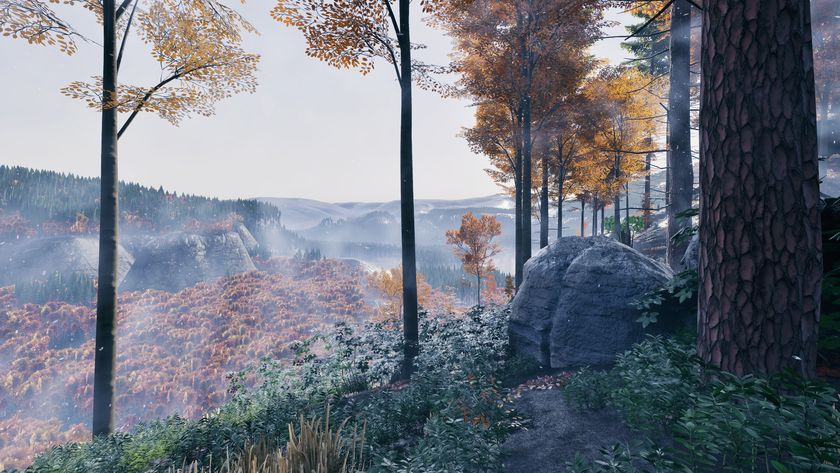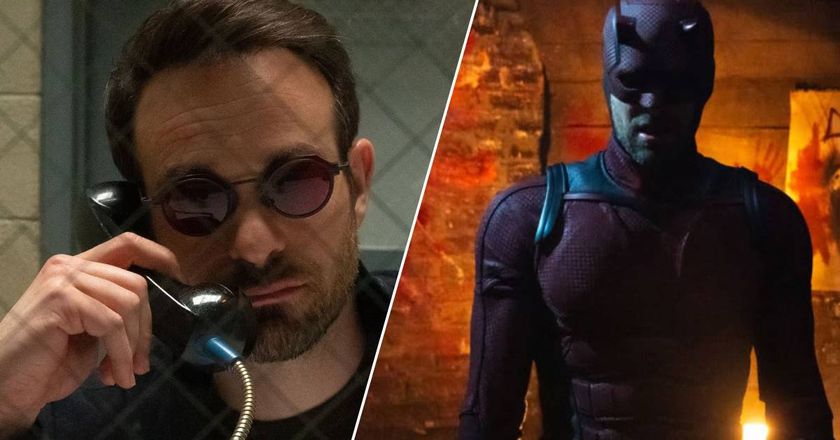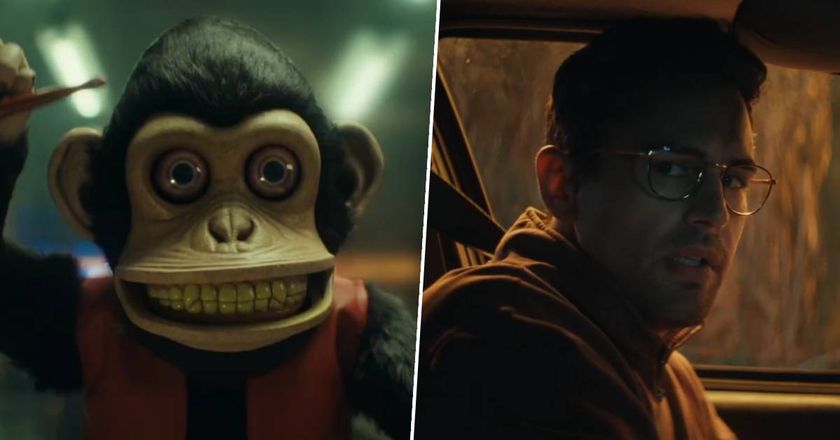How Hellblade is fighting monsters, mental illness and modern game development
You might remember Ninja Theory from such games as DmC, Enslaved and Heavenly Sword. Traditional big budget games developed with all the crash bang wallop a decent sized studio can throw at them. It’s latest project, Hellblade, isn’t that. It’s a 15 person team and face scanning cameras made from flower pots, trying to do what director Tameem Antoniades calls ‘a triple A independent project’.
Hellblade, then, is a story that follows Senua, a Celtic warrior left traumatised by a Viking invasion and struggling with mental health issues. That's more than a gimmick too, with Paul Fletcher, a psychiatrist and professor of health and neuroscience from the University of Cambridge overseeing the game's portrayal of the issues involved.
Here's what that looks like:
I'll talk more about the mental health side of things later because what really interests me is how the game is being made. While Ninja Theory is an independent studio, it’s not ‘indie’ in the more genre-specific sense of the the word. Hellblade's development strips back everything from people, budgets and design but is still aiming to compete with higher end games. “We are known for our production values and we want to maintain the qualities that make us Ninja Theory” Tameem tells me over Skype. “So [Hellblade] was about ‘what kind of game can we make with our skills and talents on a budget we can self fund’? 15 people for about two years is about what we can afford, so we’ve got to make the best possible game we can for those many people”.
There are two main things driving this. Firstly, the studio wants to (finally) own one of its games after years of publishing deals that left the deeds with publishers. Then, more importantly, there’s the increasing difficulty of trying to make a mainstream game that doesn’t tick the right marketing boxes.
To some extent, both problems developed as a result of how games were made and sold as physical products, something a digital game like Hellblade can easily avoid. “If you were to try and do this five years ago it would be pretty much impossible, at least on the console side,” says Tameem. “You’d have to go through publishers, and if you go through publishers then it has to be retail, it has to be retail priced which means it has to be a certain size and so forth”, he explains.
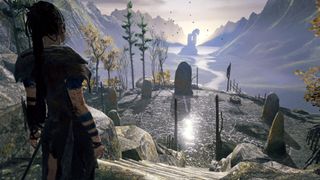
Trying to break away from the trad publishing model isn’t just about creative freedom, either, it’s survival says Tameem. “What we’re seeing now on consoles now is pretty extreme. In fact it was very difficult for us at the start of the generation, to even consider getting a single player story-based game signed to a publisher. The demands are so big, and the requirements so specific, the checklist of features you have to do so vast - unless you sit in a particular format, you have no chance”.
Sign up to the 12DOVE Newsletter
Weekly digests, tales from the communities you love, and more
It means that there’s a very unsteady middle ground right now, with small near zero-overhead indies at one end, multi-studio mega developers at the other, and very little in between. Especially on console. “A lot of studios in our position are in danger and a huge chunk of them no longer exist,” admits Tameem. Which is where Hellblade comes in: “It seems obvious that now we have the means to self publish and release digitally there should be games of all size, all genres, of all levels of ambition. I think it’s good for us as developers to explore, try things out and create our own models”.
That’s part of the reason the studio’s been so open with development with Tameem hoping that if it all goes to plan other studios can “follow in our footsteps”. If it doesn’t, though? “They know what to avoid”.
Seen something newsworthy? Tell us!

I'm GamesRadar's Managing Editor for guides, which means I run GamesRadar's guides and tips content. I also write reviews, previews and features, largely about horror, action adventure, FPS and open world games. I previously worked on Kotaku, and the Official PlayStation Magazine and website.
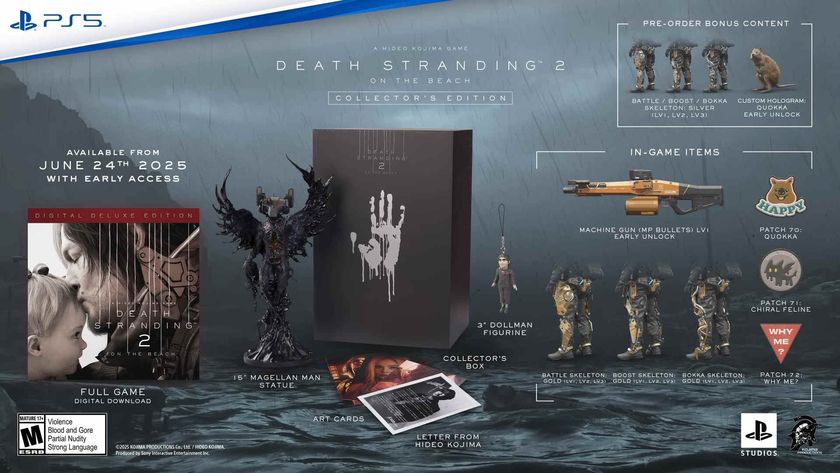
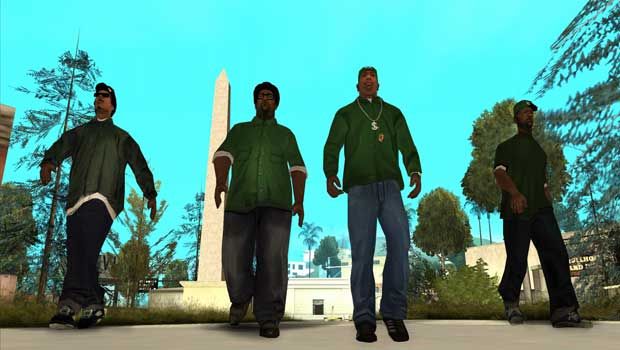
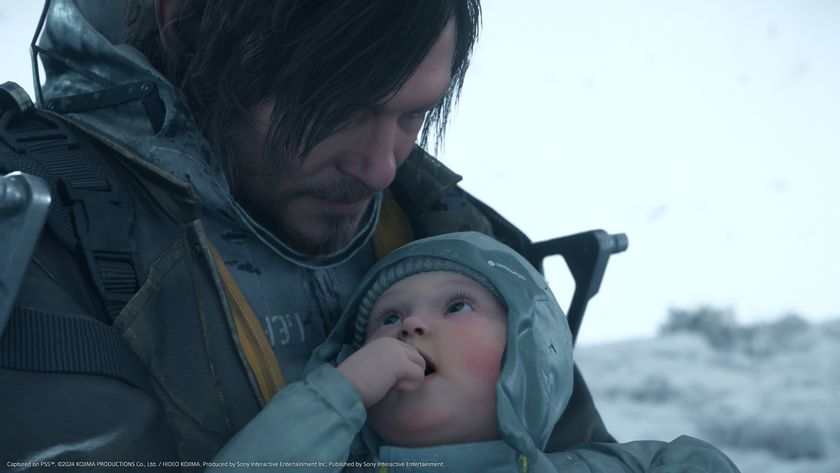
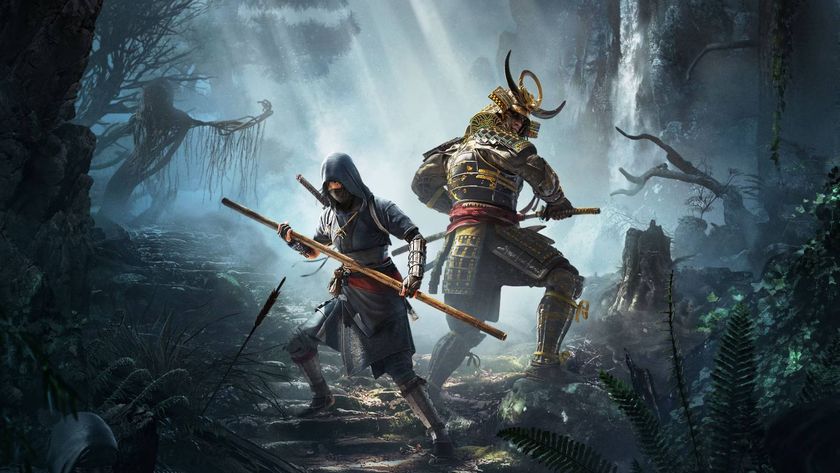
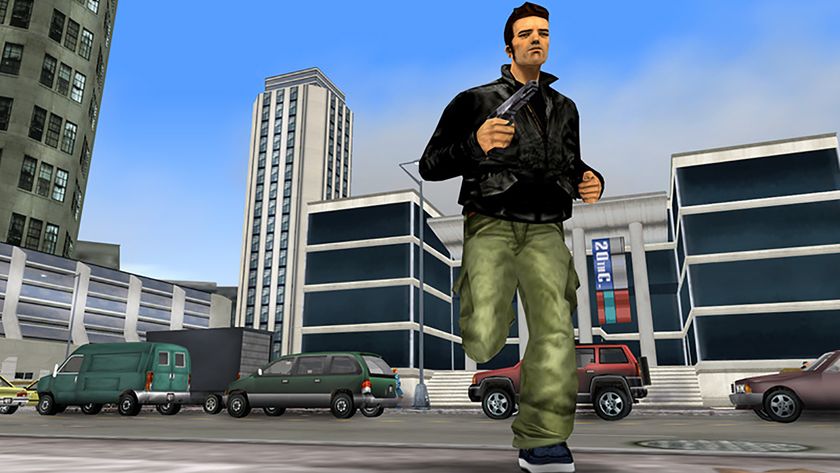
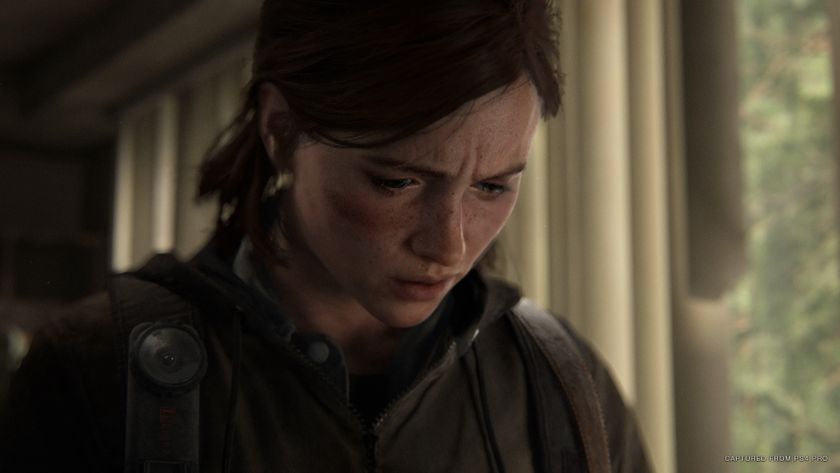
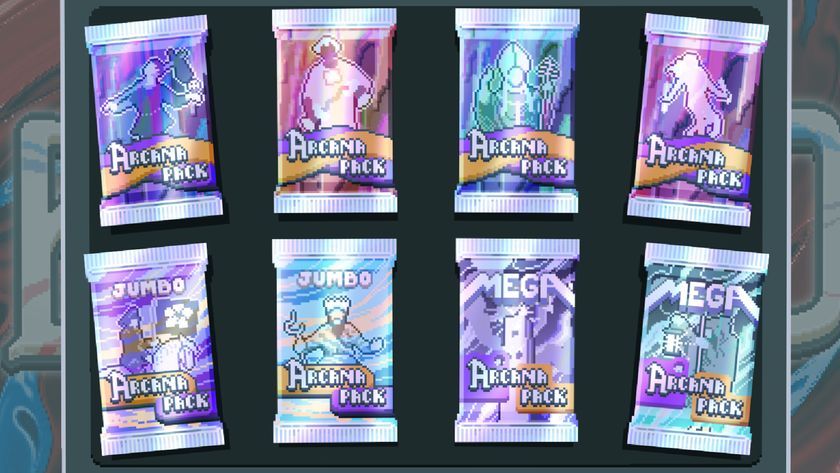

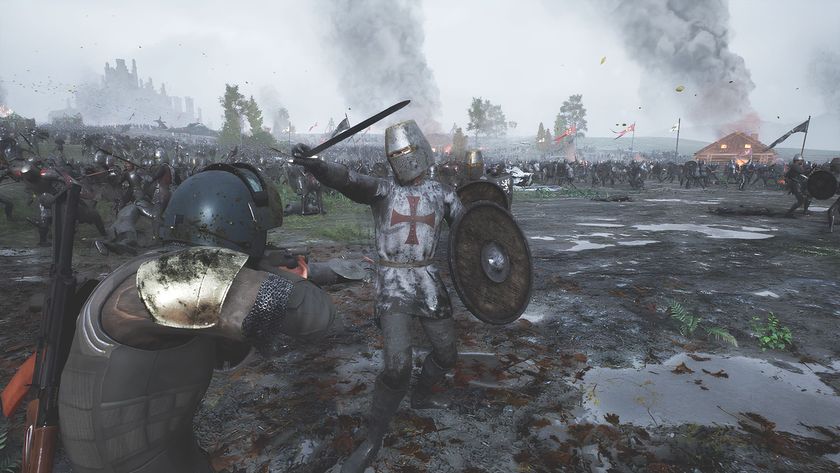
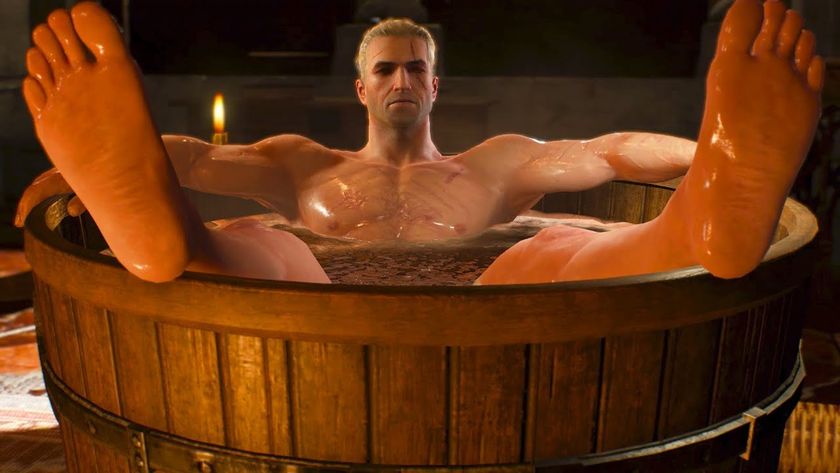
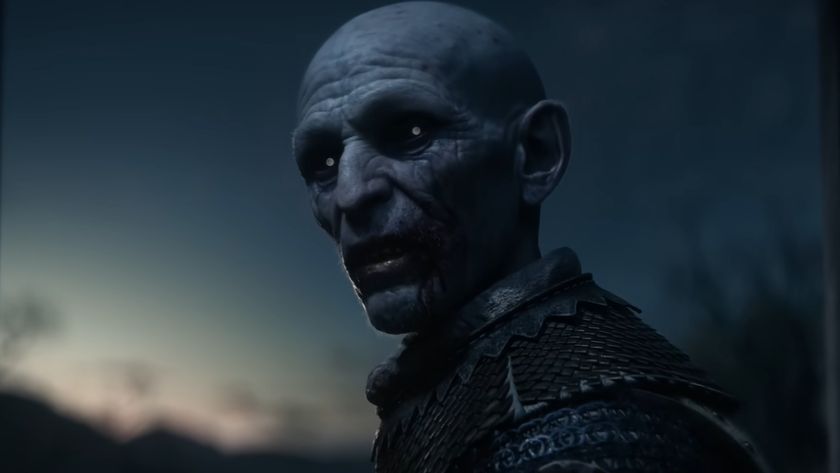
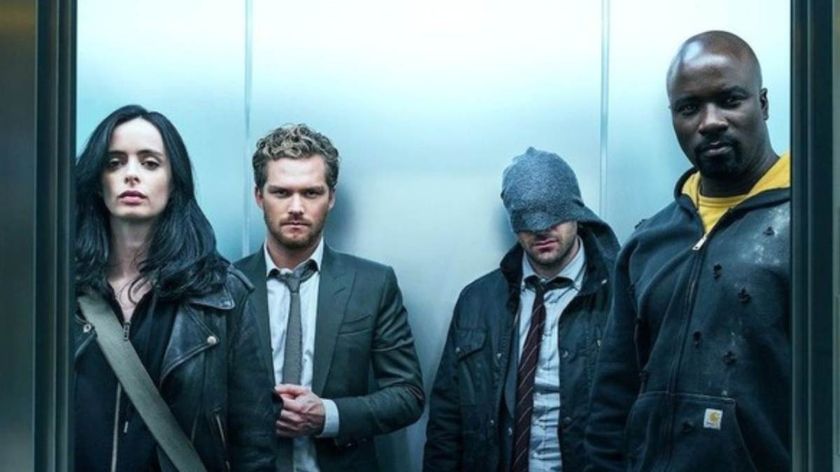

Hideo Kojima reveals Death Stranding 2: On the Beach release date, and the Collector's Edition includes exactly what I predicted it would

Former Xbox boss says GTA: San Andreas and its infamously NSFW Hot Coffee minigame "signified a maturing of the industry" and put games "on par with movies and music"
